Current I-94 Admission Record also have eleven characters, but only numbers. Examples of new I-94 numbers include: 111111111A1; 000000001B2; 123456789C3.
I-94s in the current number-only format will remain valid through the listed “Admit Until Date”.
As a reminder, an I-94 record not only documents a foreign national’s current nonimmigrant status, but also governs the amount of time the individual is allowed to remain in the United States in that status. As such, it is extremely important to review and print I-94 record from the CBP website after each admission into the United States. Errors on I-94 records can be corrected if caught early.
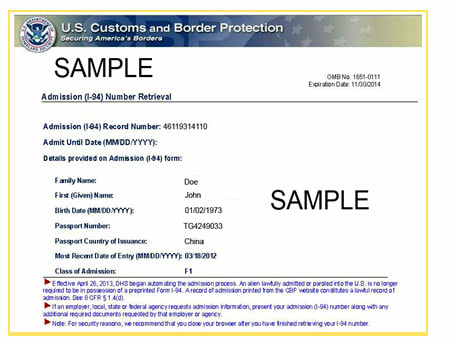
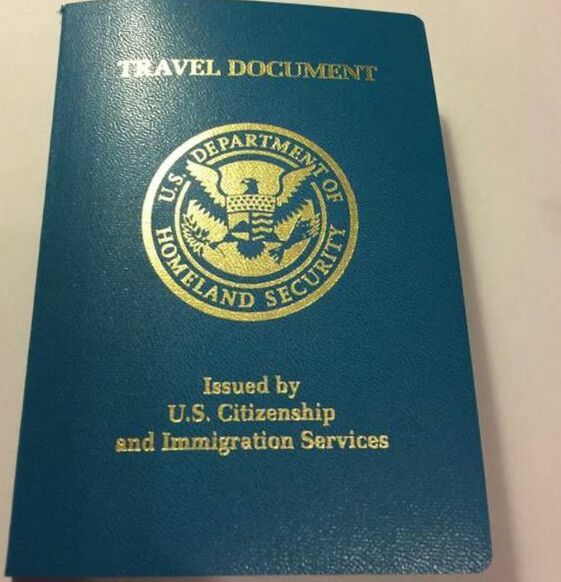
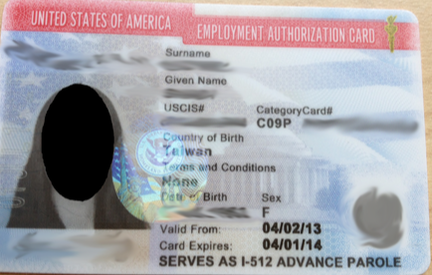








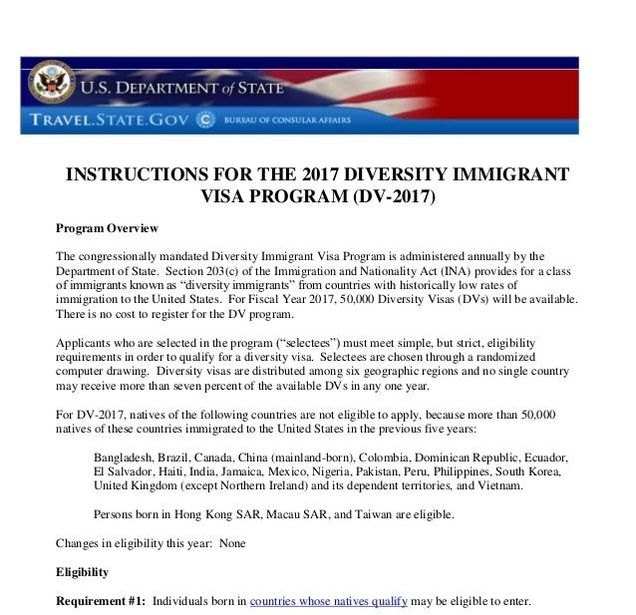


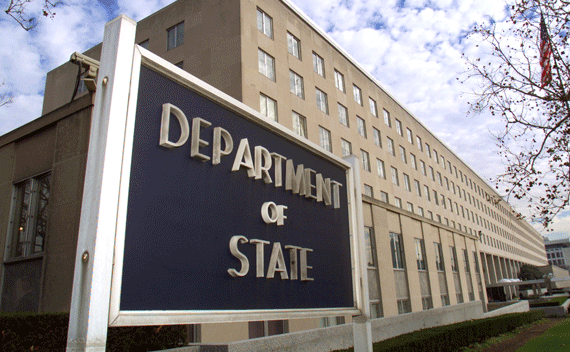




 RSS Feed
RSS Feed